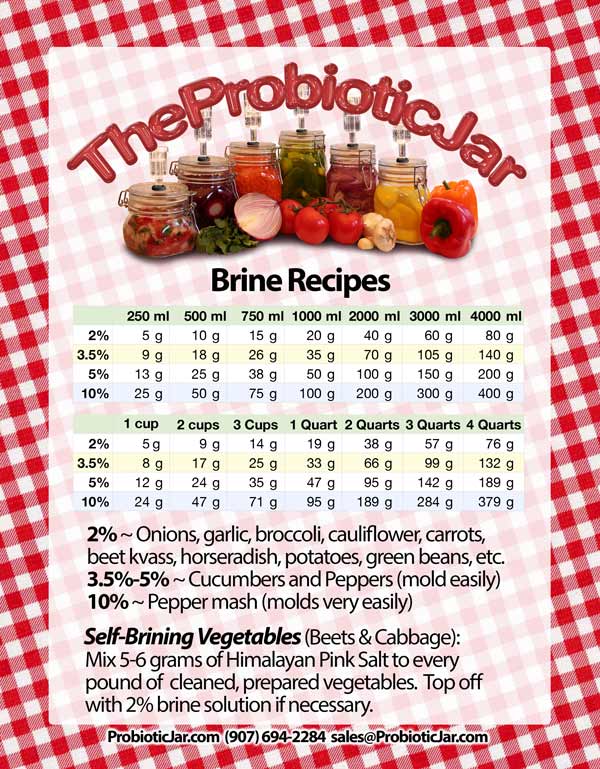Hello Folks,
I have read a lot on here and elsewhere. I have my first 1/2 gallon batch started. I used dried De Arbol with some shredded carrot, garlic, and onion. I did add a few dried Ghost peppers as well. I made up the brine and added a little 1/4 cup kimchi juice. It seems to be fermenting well. It's been going about a week. My question is.... What's next? I want to do an extended ferment. 3 month or so. Should I grind the peppers at some point then rebottle to let ferment or just put a ferment lid on and let it go?
Thanks!
I have read a lot on here and elsewhere. I have my first 1/2 gallon batch started. I used dried De Arbol with some shredded carrot, garlic, and onion. I did add a few dried Ghost peppers as well. I made up the brine and added a little 1/4 cup kimchi juice. It seems to be fermenting well. It's been going about a week. My question is.... What's next? I want to do an extended ferment. 3 month or so. Should I grind the peppers at some point then rebottle to let ferment or just put a ferment lid on and let it go?
Thanks!

